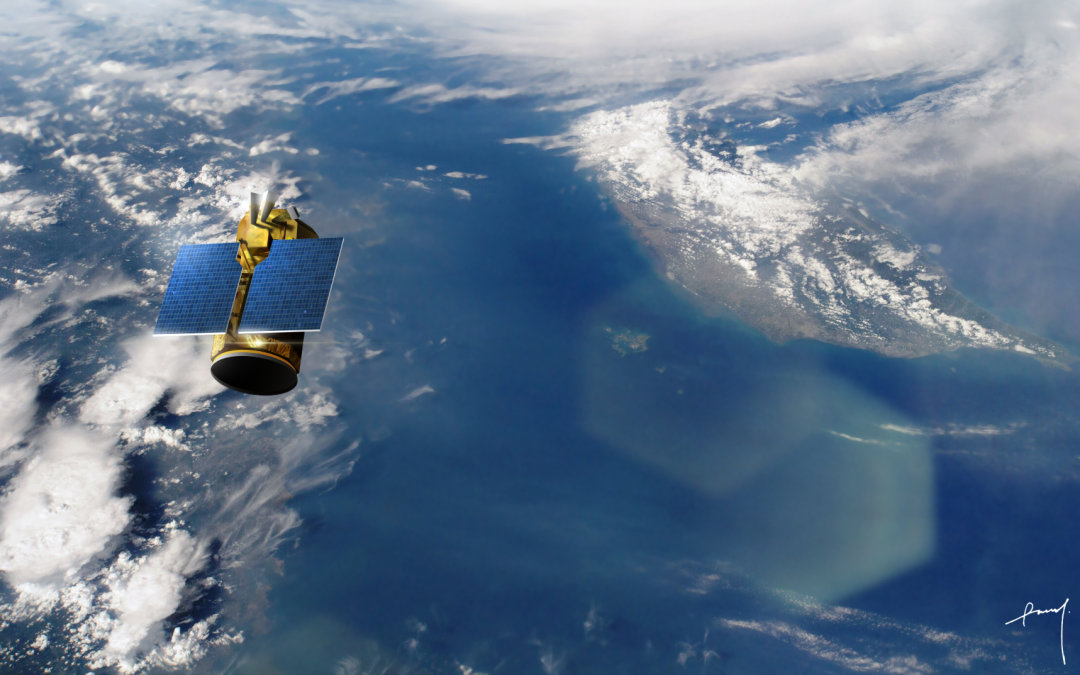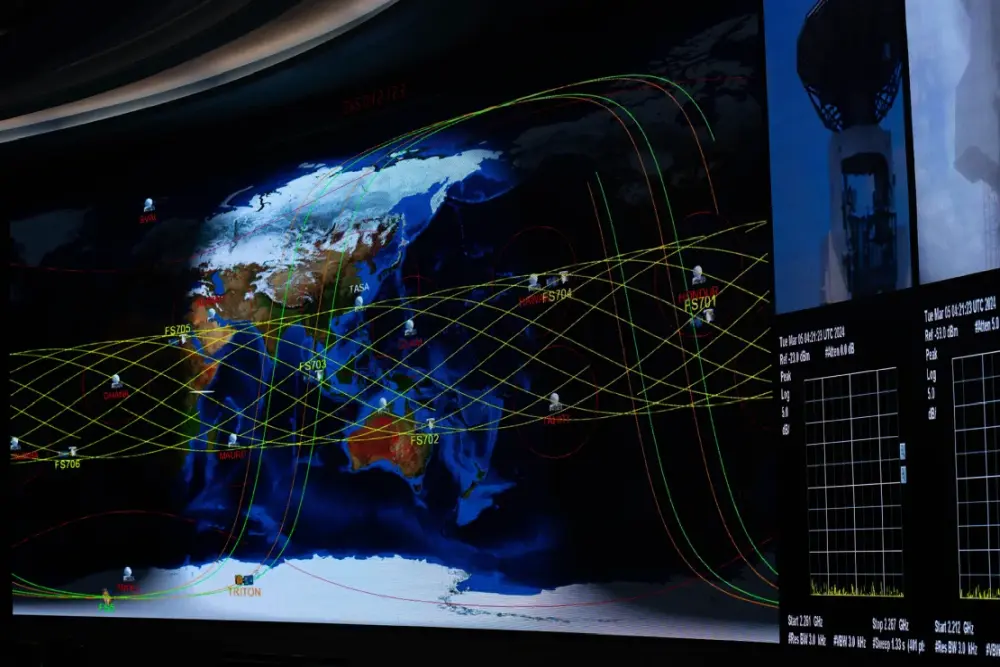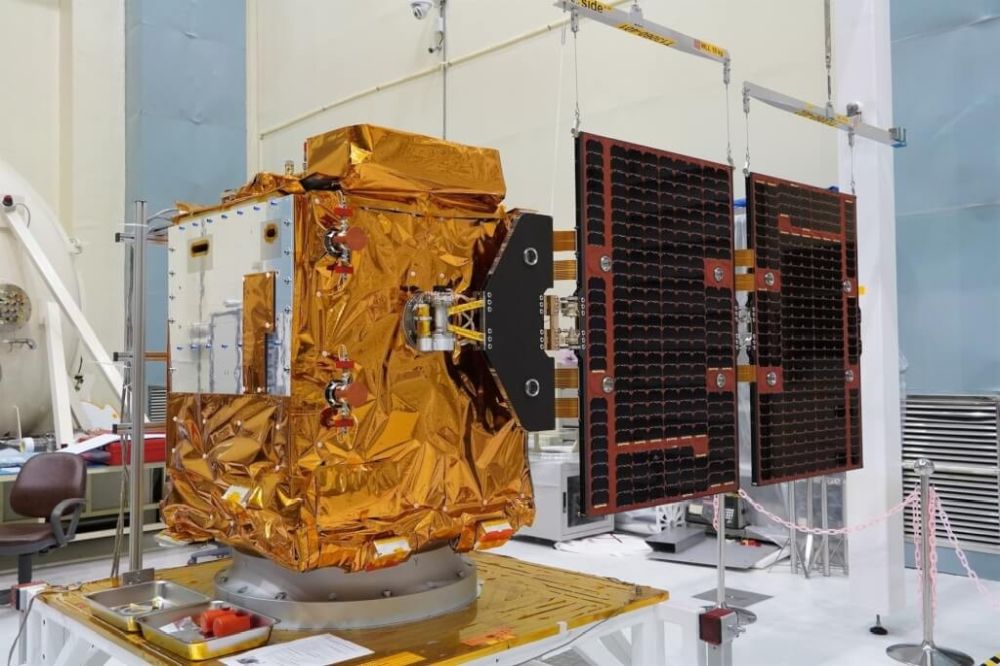Taiwan is taking significant steps towards developing its own satellite system, aiming to provide reliable internet access in emergencies. With ongoing tensions with China, Taiwan’s reliance on submarine cables for connectivity poses a risk, as these cables are vulnerable to damage. The Taiwan Space Agency (TASA) is addressing this by launching an indigenous satellite system to ensure communication resilience during crises.

The ambitious satellite project is still in its experimental stages but is expected to offer services similar to Elon Musk’s Starlink, though on a smaller scale. Taiwan plans to launch its first communication satellite by 2026, with the eventual goal of establishing a broader satellite constellation. This initiative is crucial to safeguarding Taiwan’s infrastructure from potential disruptions, whether from natural disasters or geopolitical sabotage.

In addition to national security, this project signals Taiwan’s growing presence in the global space industry. Taiwan’s advanced semiconductor production, led by companies like TSMC, plays a vital role in powering satellites and space technology. With President Tsai Ing-wen’s investment of NT$25.1 billion in the space sector, Taiwan is poised to further leverage its tech expertise to develop a sustainable space industry.

The satellite initiative also includes plans for Taiwan to develop its own rocket systems, with the aim of launching satellites into low-Earth orbit by 2030. Once in place, this technology will enable Taiwan to conduct more frequent and independent satellite tests, strengthening its position as a rising player in the space race.

#Taiwan #SatelliteTech #SpaceIndustry #CommunicationResilience #TASA #SemiconductorTech #TechInnovation
